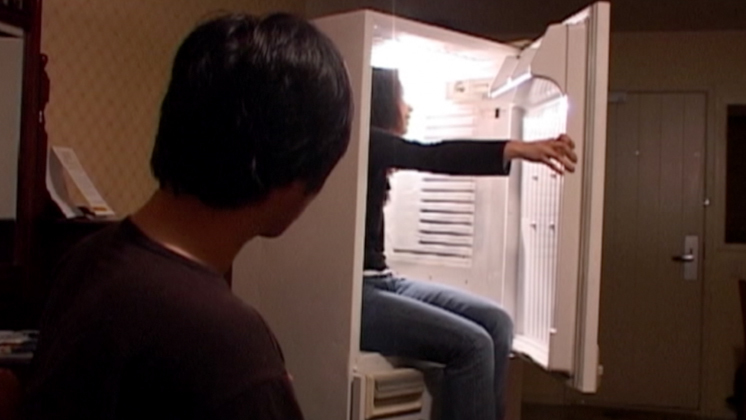When a power outage strikes, one of the top concerns for many households is the state of their perishables. As food safety can quickly become a critical issue, understanding how long your refrigerator will keep your food cold and safe is essential. Here at TheKitchenApplianceDad.com, we’ve gathered detailed insights and tips to help you manage your refrigerator’s efficiency during these unexpected events.
First, let’s delve into what happens when your refrigerator loses power. Modern refrigerators are well insulated, but without power, the compressor that pumps coolant through the system stops working. This means the refrigerator will gradually begin to warm up. However, the rate at which this happens depends on several factors:
1. Model and Make:
Newer models are generally more efficient and have better insulation. They can keep food cold for a longer period compared to older models which might not be as well-equipped to handle power outages.
2. Condition of the Seals:
The seals around your refrigerator door play a crucial role in keeping the cold air inside. If these seals are worn out or damaged, cold air will escape more quickly.
3. Ambient Temperature:
The temperature in the room where your refrigerator is located also affects how long it will stay cold. A cooler room will help extend the cooling period.
4. Capacity and Content:
A full refrigerator will stay cold longer than one that is empty. This is because the mass of the cold items inside will help maintain a low temperature.

According to the U.S. Food and Drug Administration (FDA), a full freezer will hold its temperature for approximately 48 hours (24 hours if it is half full) as long as the door remains closed. For the refrigerator section, you can expect it to stay cold for about 4 hours if unopened.
Tip: Keep a few freezer packs or fill plastic bottles with water and keep them frozen. You can use these to help maintain the temperature inside your refrigerator and freezer during a power outage.
To ensure your refrigerator and its contents stand the best chance during a power outage, here are some proactive steps you can take:
1. Maintain Your Appliance:
Regularly check the condition of the door seals and ensure they are clean and intact. Also, have your refrigerator serviced periodically to keep it running efficiently.
2. Keep Your Refrigerator and Freezer Full:
As mentioned, a full refrigerator retains cold temperatures better than an empty one. If you don’t have enough food to fill it, store water bottles or freezer packs to help keep the temperature down.
3. Invest in Appliance Thermometers:
Keep an appliance thermometer in both the refrigerator and the freezer to monitor the internal temperatures. This will help you make informed decisions about food safety during a power outage.
4. Plan Ahead:
If a storm is forecasted or you expect a power outage, prepare by setting your refrigerator and freezer to lower temperatures. This will give your food a colder starting point, which can prolong the safe storage time.
During the Outage:
After the Outage:
For further guidance on specific food items, the FDA provides a comprehensive guide which can be accessed here.
By understanding your refrigerator’s capabilities and preparing accordingly, you can mitigate the impact of a power outage on your food’s safety. Stay informed, stay prepared, and help ensure that your perishables remain just that—perishable, but not perished.## How Long Will A Refrigerator Stay Cold During A Power Outage?
When a power outage strikes, one of the top concerns for many households is the state of their perishables. As food safety can quickly become a critical issue, understanding how long your refrigerator will keep your food cold and safe is essential. Here at TheKitchenApplianceDad.com, we’ve gathered detailed insights and tips to help you manage your refrigerator’s efficiency during these unexpected events.

